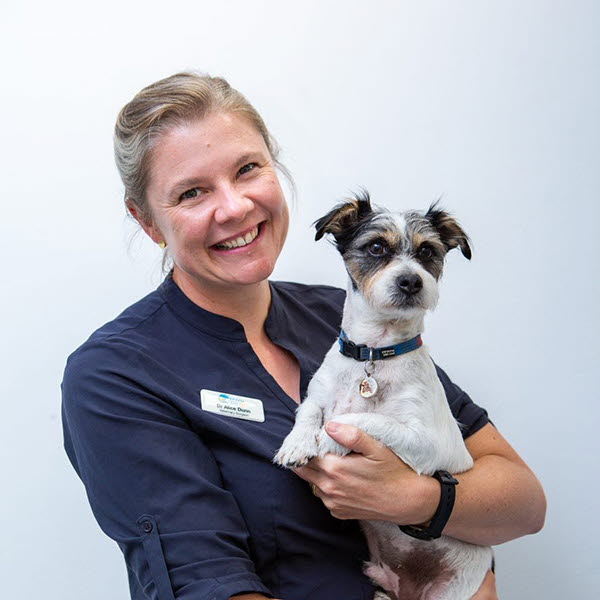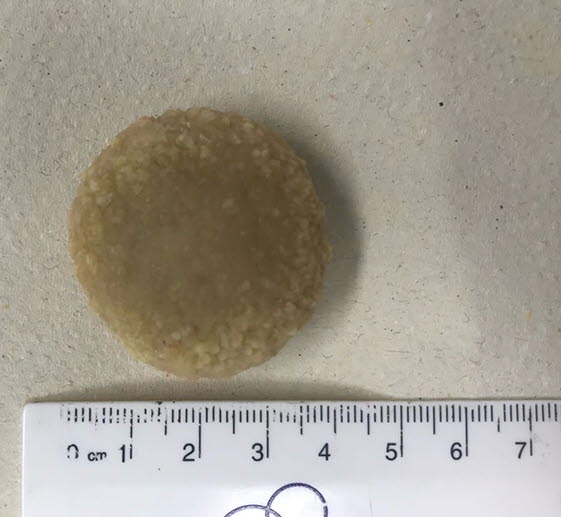
In a single day, a veterinarian will often be required to skillfully switch between various aspects of veterinary health care - including consultation, medical treatment of sick animals, routine or emergency surgery, interpreting laboratory results, taking radiographs, and performing ultrasound scans!
Dr Alice Dunn, owner and head veterinarian of Beach and Bay Vet, a companion animal practice on the Central Coast of NSW, discussed the range of services that she and her team were able to provide to their patients and clients, citing a recent, “fairly regular”, weekday as an example.
“Among other cases, we provided in-hospital treatment to a dog with severe gastroenteritis - prescribing intravenous fluids, pain relief and gut-settling medications. We also administered medical treatment to a rescue cat with symptoms of cat flu, carried out laboratory testing and treatment of a dog with an ear infection, and performed blood tests, x-rays and ultrasound scanning on a cat with kidney disease,” recalled Dr Dunn.
As for the most notable patient of that particular day, Dr Dunn describes the case of Merle, a five-year-old female Kelpie cross diagnosed with bladder stones (also known as uroliths). Bladder stones are mineral deposits that collect in the urine and solidify. These stones can stay within the bladder, causing inflammation and infection, or can sometimes pass out of the bladder into the urethra and cause dangerous blockage of urinary flow from the body.
Merle was presented to the vet by her owner who had noticed the dog’s sudden onset of increased urination frequency and discomfort. “Whilst these signs may often be due to a urinary tract infection, Merle’s owner was concerned as there was no prior history of urinary troubles. She was therefore keen to proceed with our recommendation of further testing,” explained Dr Dunn.
Abdominal x-rays and an ultrasound scan showed multiple stones in Merle’s bladder. Dr Dunn was able to obtain an ultrasound-guided urinary sample directly from Merle’s bladder, which indicated bacteria and blood in the urine.
Merle’s owner was keen to proceed with the necessary surgery, so in the hands of Dr Dunn and her nurses, Merle underwent a general anaesthetic and cystotomy - a procedure involving the surgical opening of the bladder to remove the stones. To keep Merle safe and comfortable, the team administered multiple types of pain relief before, during and after the procedure, as well as intravenous fluids to help ‘flush’ out her bladder, along with a course of antibiotics to clear the infection which had resulted from the trauma caused by the bladder stones.
“Merle recovered smoothly and comfortably from the surgery, and seemed back to normal within a couple of days, with no more abnormal urinary symptoms. Merle’s owner is very happy and relieved, and is grateful that we were able to diagnose and treat Merle’s issue so quickly,” said Dr Dunn. Merle has since been prescribed a special urinary health diet to help prevent any further bladder stone formation in the future.
In vet practices all across Australia, veterinarians possess a vast array of skills and knowledge, and this, in combination with their love of animals, makes them an essential resource for keeping your pet happy and healthy. As they say: Love your pet? Love your vet!

